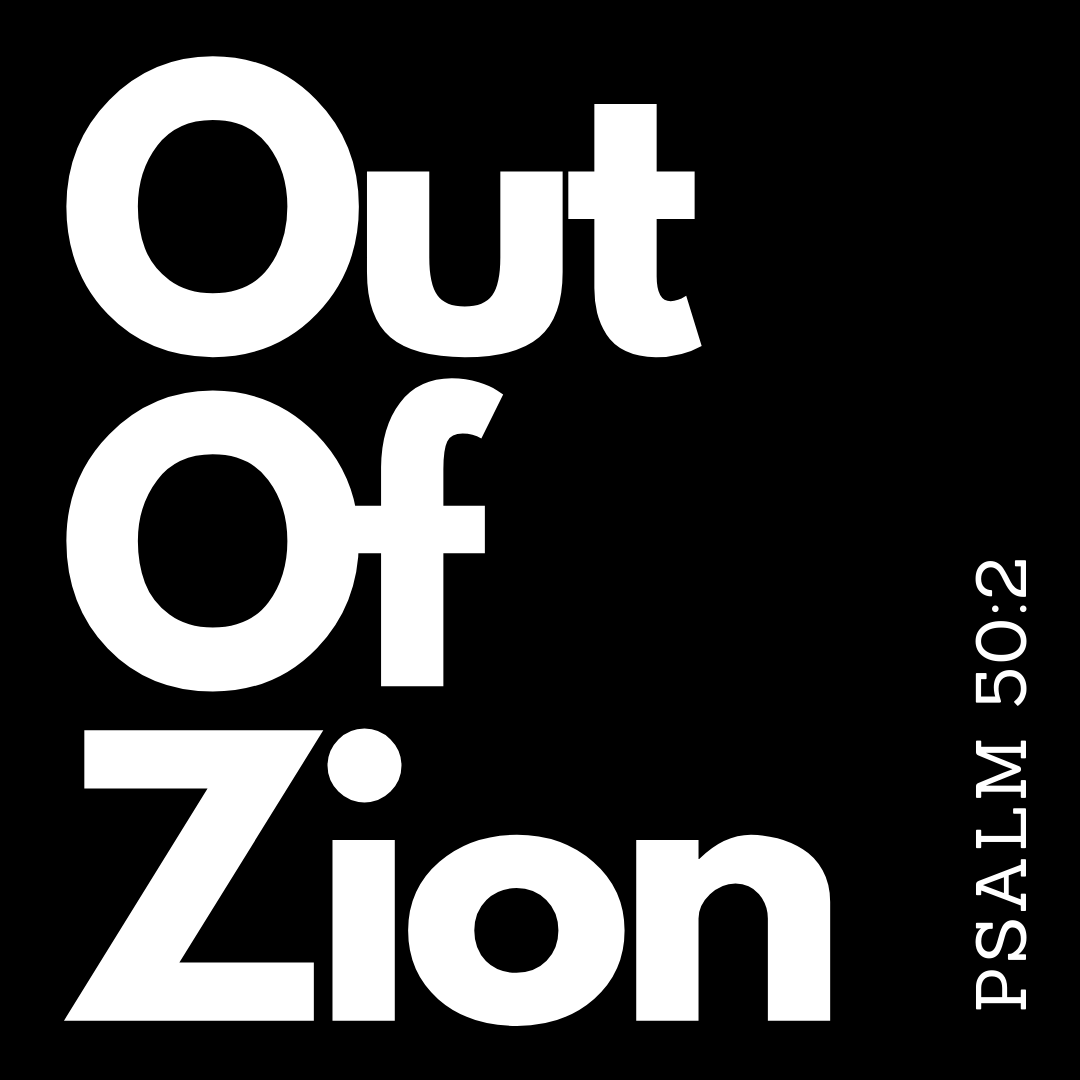Clare’s Community
Even as I write this, I just saw a news report on CNN talking of the way 'millennials' meet each other through social mediums promoting casual sex. All this led me to thinking of how relationships are formed, or how they ought to be.
After Clare Wood was murdered by her ex-boyfriend, it came to light that she was unaware of his history of violence. As a result a campaign was waged to introduce 'Clare's law'. Clare's Law enables women to check the police record of their boyfriends, in a bid to protect themselves from domestic violence. For me this law raised a few alarm bells. The inequality of the permission to check men and not vice versa, the invasion of privacy and the slippery slope, and since when was 'boyfriend' a legally recognised status granting such intrusive access anyway? Even as I write this, I just saw a news report on CNN talking of the way 'millennials' meet each other through social mediums promoting casual sex. All this led me to thinking of how relationships are formed, or how they ought to be.
The introduction of Clare's law, highlights the absence of community and the place community plays in successful relationships. The concept of Clare’s Law, to me, has found its credibility only because of the breakdown of community and family. Investigating ones potential partner is not the problem. It's the method of investigation employed. Shouldn't there be ample resources for such exploration of a person within the community? For example, amongst Citizens of the Kingdom should police criminal checks replace the due diligence of knowing someone by getting to know their family, friends and testimony? It is through shared life that we know and are known.
1 Tim 6:3 reveals something of how the deacons were selected. They had to be men of good ‘reputation’. This means many could testify to their attributes, history and life. Imagine Stephen being short listed after his CRB check.
The breakdown of family and the lack of fathers cannot be ignored in this matter. It plays a big part in the current mistrust between the generations, children and parents. The absence of fatherly oversight and the lack of parental involvement in the choosing of the spouse, has left the immature to determine their own spouse and continually define family in their own way. This absence of mature parenting has opened the door for a lack of judgement and a dependence on institutions and professionals (various forms of social services).
We are in scary times, when the very idea of the traditional family has been challenged. There is an emphasis placed on career building instead of family building. The relationship with one's employer has been elevated, in some modern minds, as superior to the life long relationship with a spouse. But let me not deviate. Relationships; how should we go about forming them? We've built religious centres plenty, but this year let us prioritise building and realisation of the community of Christ and there by supporting fruitful and lasting relationships.
Pelumi Igunnubole







